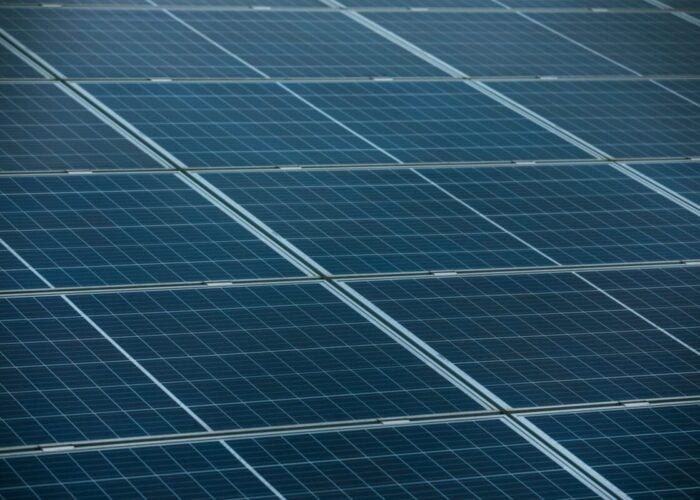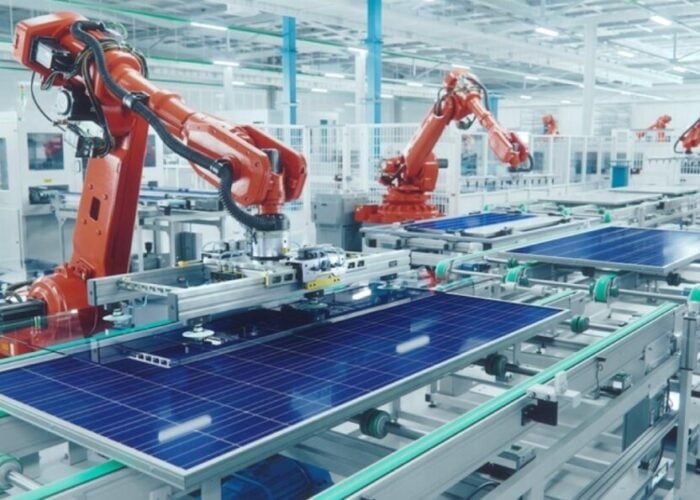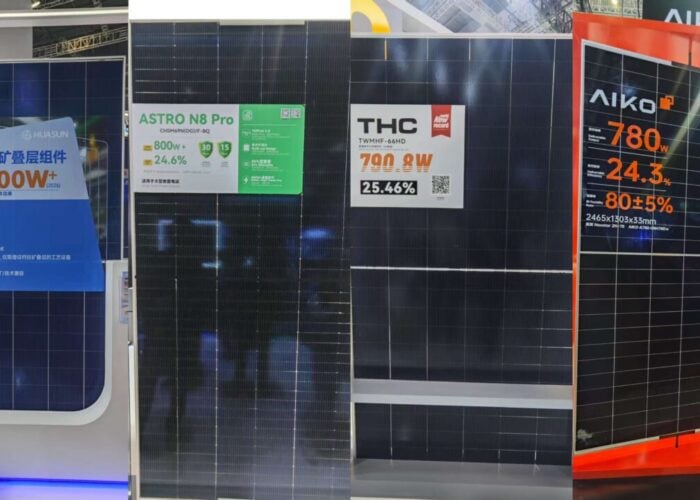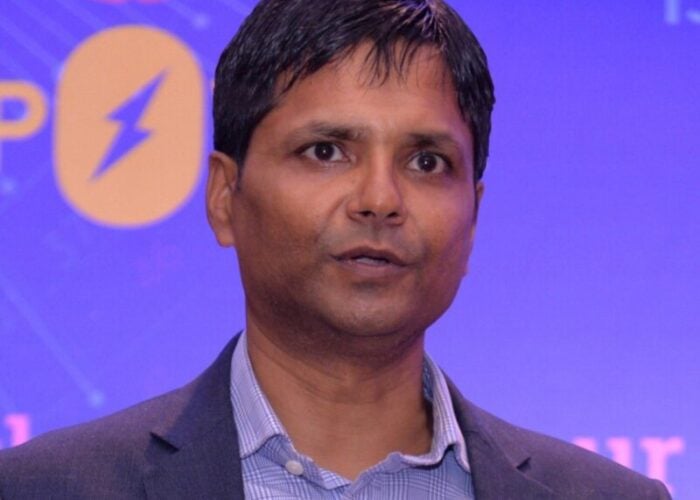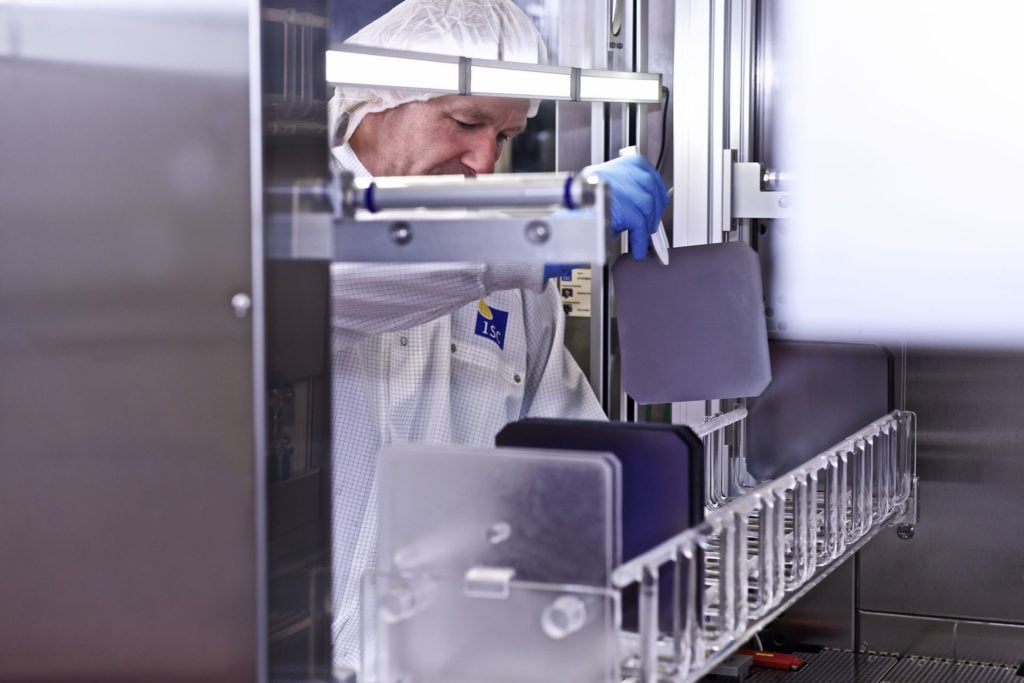
European solar manufacturing start-up Carbon has partnered with the International Solar Energy Research Center (ISC) Konstanz as it pursues a multi-gigawatt cell manufacturing facility in Europe.
A technology agreement signed by the companies will see ISC Konstanz take responsibility for the technology choices taken by Carbon and design the initial steps of its manufacturing processes.
Unlock unlimited access for 12 whole months of distinctive global analysis
Photovoltaics International is now included.
- Regular insight and analysis of the industry’s biggest developments
- In-depth interviews with the industry’s leading figures
- Unlimited digital access to the PV Tech Power journal catalogue
- Unlimited digital access to the Photovoltaics International journal catalogue
- Access to more than 1,000 technical papers
- Discounts on Solar Media’s portfolio of events, in-person and virtual
It follows Carbon bringing on board French industrial group ACI as one of its founding shareholders last month in a deal that will see ACI act as an “industrial facilitator”.
Radovan Kopecek, co-founder and director at ISC Konstanz, said that the need for a competitive solar manufacturing scene in Europe has “never been more important than now”.
“We believe that TOPCon Technology is the first step towards European industry renaissance, and we work hard already on the next evolutions,” Kopecek added.
Carbon intends to develop solar manufacturing facilities in France right the way through from the ingot to module level, starting with a 500MW pilot facility that it intends to ramp in 2024.
Carbon has set itself the lofty ambition of joining the world’s top ten solar cell and module manufacturers by 2030 and intends to have a cell and module output of 20GW by the end of the decade.
A mid-term target of 5GW of module manufacturing capacity by 2025 has also been established, which Carbon said would support 2,000 direct jobs and 4,000 indirect jobs.
But Carbon also readily admits that such an output would require billions of euros of investment. The start-up has stated it is supported by a base of independent shareholders, including ACI.

